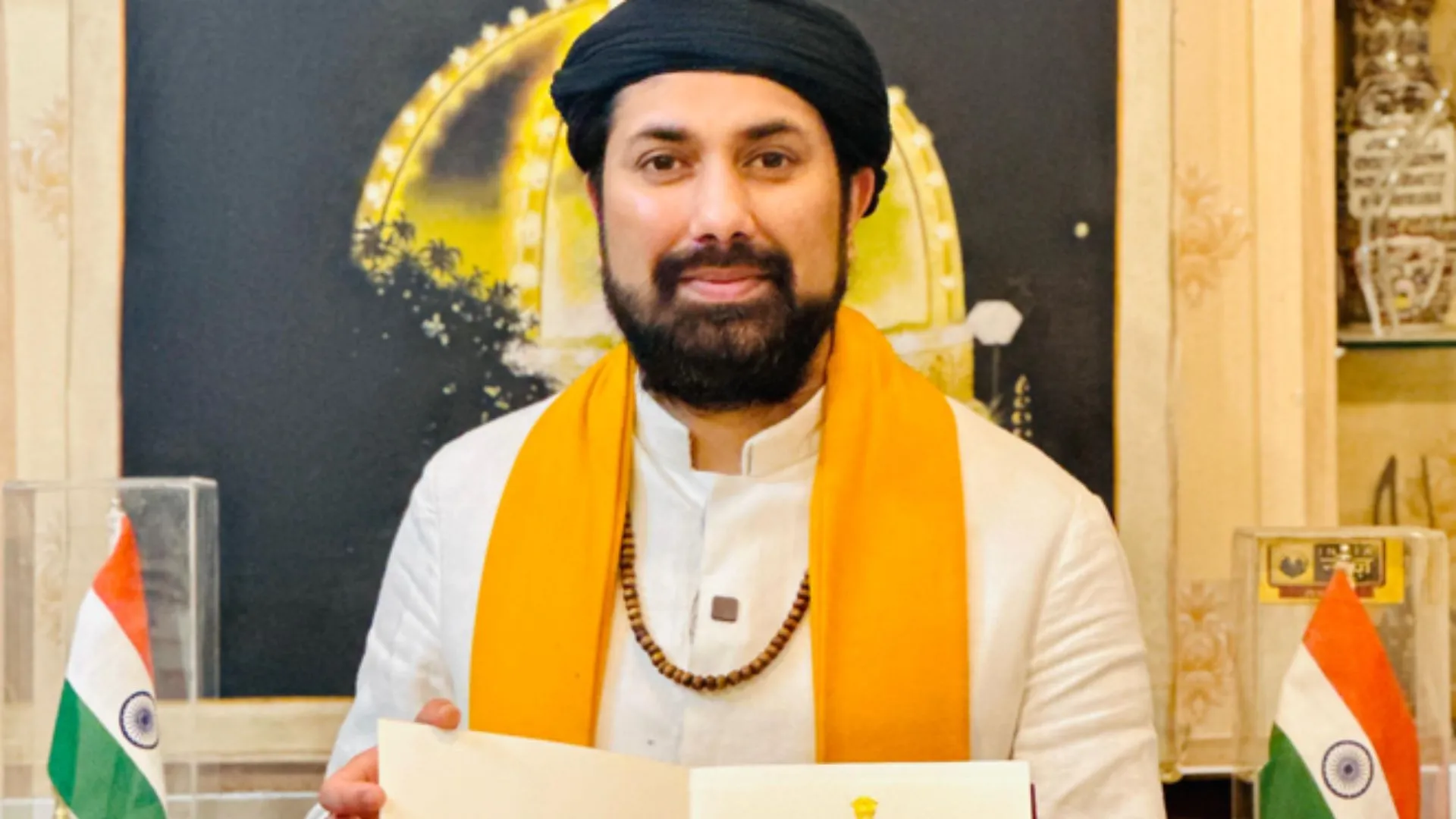Israeli Prime Minister Benjamin Netanyahu and former Defense Minister Yoav Gallant are now under international scrutiny after the International Criminal Court (ICC) issued arrest warrants against them for alleged war crimes in Gaza. The move places significant diplomatic and legal pressure on the two leaders, despite Israel’s non-recognition of the ICC’s jurisdiction.
While Netanyahu and Gallant are unlikely to surrender, the ramifications of the ICC’s decision are far-reaching. The Rome Statute, which established the ICC, binds its 124 member states to enforce the court’s warrants. This legal obligation could restrict the movements of the Israeli leaders, as they risk arrest in any member state.
International human rights lawyer Jonathan Kuttab explained the underlying principle of the ICC’s operations. “The law assumes compliance,” Kuttab said, adding, “When individuals disregard the law, they inherently violate it.” He further noted that initial reactions from some nations indicate the court’s ruling won’t be dismissed.
Several allies of Israel, including members of the European Union, have reaffirmed their commitment to upholding international law, suggesting they may act on the arrest warrants if the opportunity arises. This development could significantly influence Israel’s diplomatic relations and the global discourse on accountability in conflict zones.
The ICC’s action underscores the growing demand for justice in the face of alleged war crimes, raising questions about the balance between national sovereignty and international legal obligations.





















